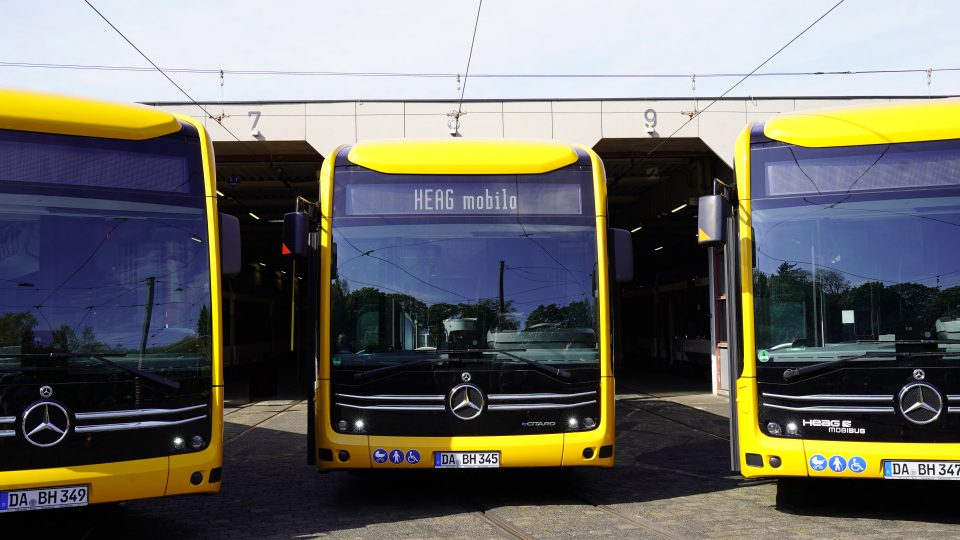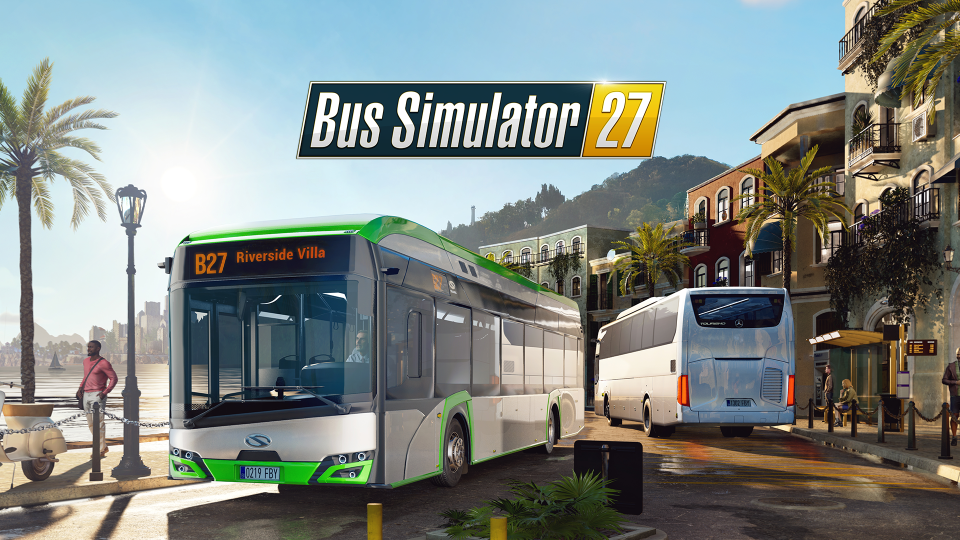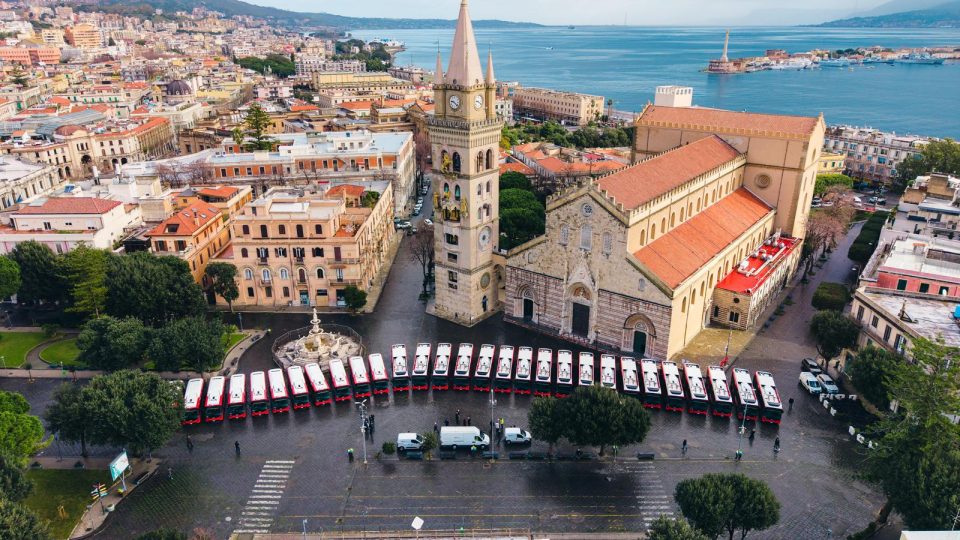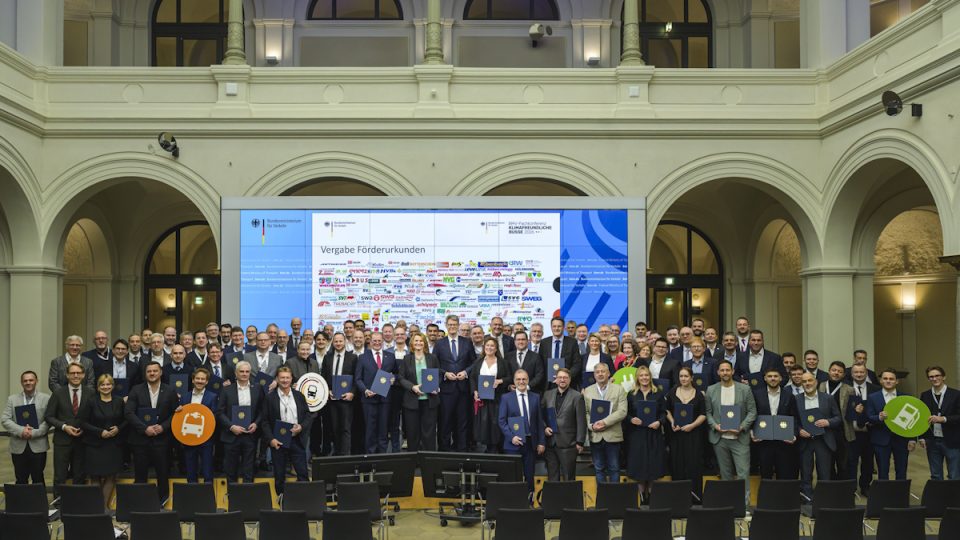Taiwanese Master Transportation is set to build e-buses in Paraguay (in the meanwhile, it’ll deliver first units by end 2024)
By end of 2024 the first electric buses in Paraguay’s history will be in operation. They’ll be deployed on Asunción’s public network. What is interesting, they won’t be a Chinese import but they’ll be built by Taiwanese company Master Transportation. Master Transportation to produce e-buses in Paraguay Master Transportation has signed in May 2024 a […]
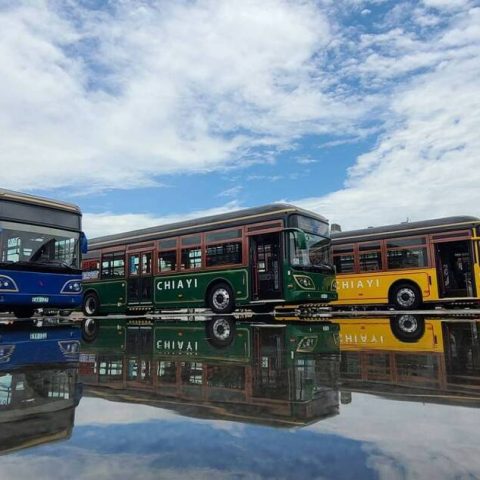
By end of 2024 the first electric buses in Paraguay’s history will be in operation. They’ll be deployed on Asunción’s public network.
What is interesting, they won’t be a Chinese import but they’ll be built by Taiwanese company Master Transportation.
Master Transportation to produce e-buses in Paraguay
Master Transportation has signed in May 2024 a memorandum of understanding to produce electric buses in Paraguay. Chassis and bodies are set to be produced in the country generating up to 2,500 job opportuinities. The aim is to produce electric buses for the domestic market and future international exports, Master Transportation stated. The project entails an investment around 30 million US dollars.
In May 2023 we had an interview with Lucky Yu, Planning & Marketing Dept. Manager at Master Transportation at the exhibition E-Mobility Taiwan, who said that “current capacity of Master Transportation is around 1,000 units, but we are under construction for a new factory that is 200,000 square meters with an annual capacity of 10,000 units, which will be ready by next year”. Our suppliers for components like semiconductors and microchips are based in Taiwan”.
What is outstanding, Master Transportation has a precise product strategy aimed at developing e-buses with small battery, LTO formula and fast charging capabilities. A configuration that is not matching that much with the habits and practicies in place on the Latin American e-bus market so far…
According to Mercopress agency, “since 2011, Taiwan has subsidized 1,156 electric buses and by 2025 will subsidize another 3,000 units (US$ 287 million)”.



